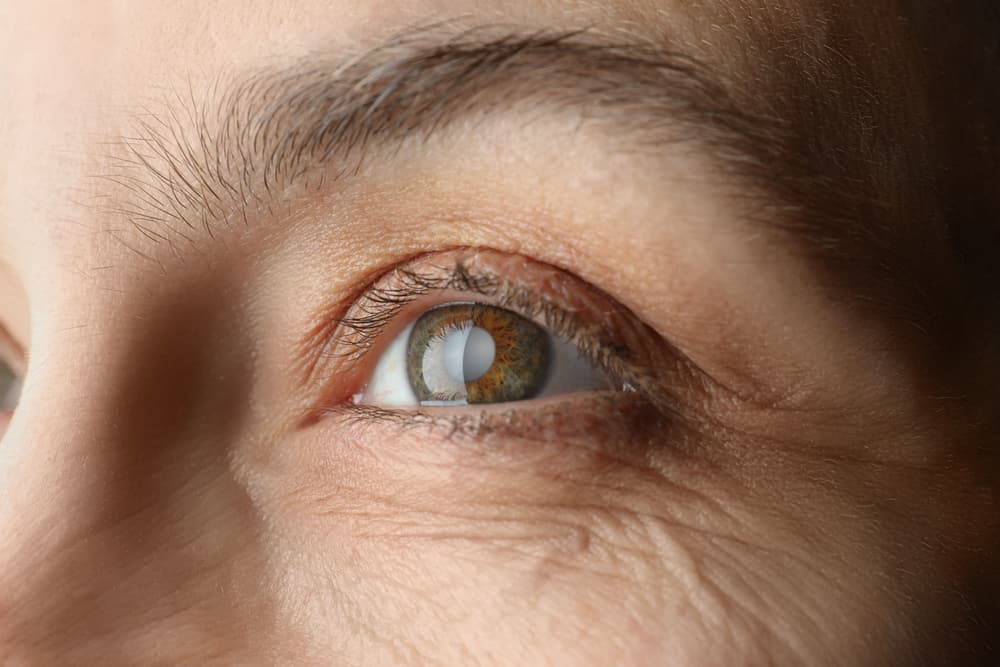Who Is at Risk for Cataracts?

Considering that cataracts affect nearly half of all people by their late 70s, many of our patients are reasonably concerned that they may get cataracts one day. Although there is no guarantee that someone will or will not get cataracts, the eye doctors at TRES VISION Group can outline some of the leading risk factors to better illustrate what an individual’s personal risk factors are:
Senior Citizens
Cataracts can affect people of any age, but are more likely to affect older people, with the protein breakdown in the lens becoming more noticeable after the age of 60.
People Who Do Not Regularly Wear Sunglasses
Most people know that ultraviolet rays emitted from the sun can be harmful to the skin, but not everyone is proactive about protecting their eyes. People who have failed to properly shield their eyes with UV-blocking sunglasses are more susceptible to cataracts. While it’s never too late to start protecting the eyes, it is more effective to make sunglasses a lifelong habit when outdoors.
Smokers
Add cataracts to the list of health problems linked to smoking. Tobacco use doubles your risk for developing cataracts. Unfortunately, the same is also true for macular degeneration.
People with Diabetes
Patients with diabetes should know to undergo regular eye exams to check for vision-threatening conditions like diabetic retinopathy, macular degeneration, glaucoma, and cataracts. Those who manage their blood sugar are least likely to develop these complications.
Genetics
Researchers have identified a hereditary link for cataracts in some people. People who have one or both parents with cataracts are more at risk for developing the condition, which may make them want to mitigate their other risk factors.
An Eye Injury/Surgery
Eyes can be resilient, but there is no question that they are somewhat weakened when they have previously suffered an injury or undergone surgery. That seems to be the explanation for why eyes that have previously had to recover from an ailment are more likely to develop cataracts later.
Treating Cataracts
The good news is that you do not need to panic if you fit into one or more of the risk factors described above. Cataracts are a very treatable condition thanks to cataract surgery, which removes the hazy natural lens from the eye and replaces it with an intraocular lens (IOL) that functions the same and cannot develop cataracts.
Just be mindful of the symptoms and schedule routine eye examinations so that you treat your cataracts when they pose a significant impairment to your vision. To make an appointment with the talented eye team at TRES VISION Group, please call (321) 984-3200 today.
